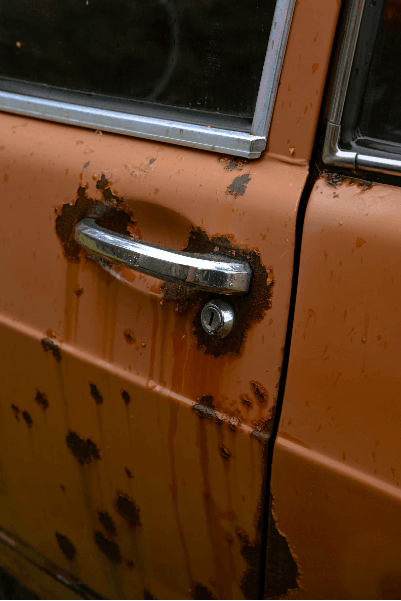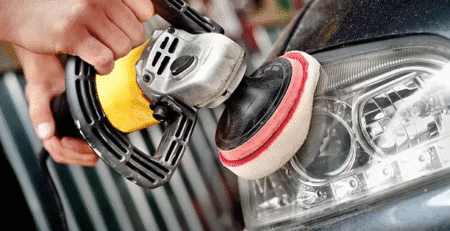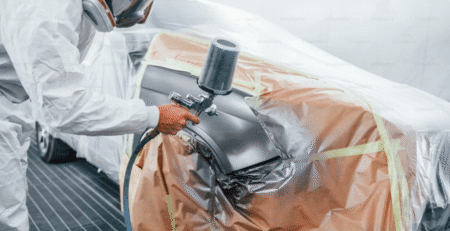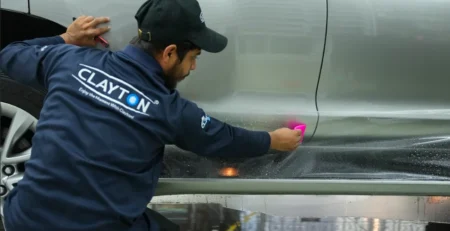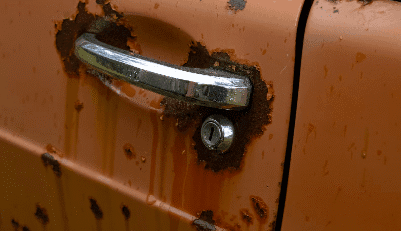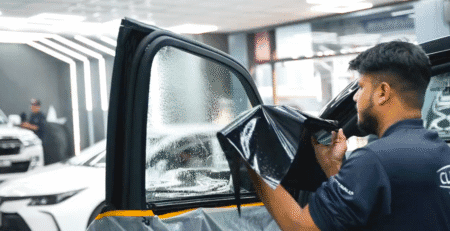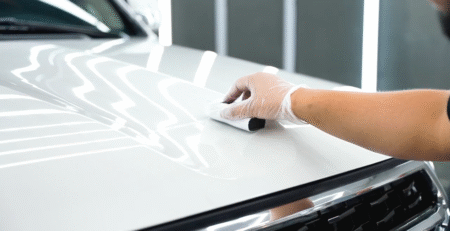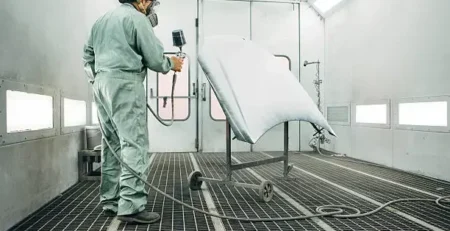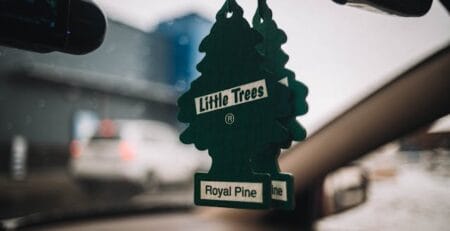Is your car really protected from rust?
If you think a quick undercarriage spray once a year does the trick, think again. Rust can quietly erode your vehicle’s frame, value, and safety, especially in wet or coastal environments. That’s where rust proofing your car becomes essential, not just as a one-off task, but as a strategy.
In this blog, we’ll share 7 expert tips that ensure you’re getting the most out of your rust proofing investment.
Whether you’re exploring car rust protection for the first time or looking to enhance your existing rust prevention methods, this guide is your ultimate resource.
1. Choose the Right Rust Proof Coating for Your Car
Before you ask, “”How to stop rust on a car?”” You have to fix the problem at hand.
Not all rust proofing products are the same.
There are several types to choose from. Oil-based sprays are great for reaching small, hidden areas. Tar-based coatings are better for protecting the underbody of the car. Some vehicles use electronic rust modules. These send small electrical pulses to slow down rusting.
However, their effectiveness is still debated. The best option depends on your car and the climate where you drive. Always talk to a professional before choosing a rust proofing method.
2. Timing Matters: Apply Before Rust Appears
Rust proofing works best when applied early.
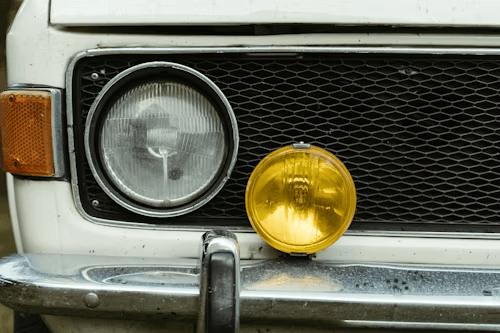
Alt text: A car’s bonnet slightly rusted
Ideally, it should be done when the car is new or just cleaned. If rust has already started, use a car rust remover first. Never apply car rust proofing over existing rust. That will only trap moisture and make it worse. Late spring or early summer is the perfect time. The weather is usually dry, which helps the coating bond better. Always wash and dry the car completely, especially the underbody, before application.
3. Focus on High-Risk Areas
Some parts of your car rust faster than others.
These include the wheel wells, undercarriage, door sills, trunk seams, and engine bay edges. These spots face more moisture and debris. They need extra attention during rust proofing. Missing even one area can reduce the effectiveness of the whole job. A full rust proofing service should cover all these problem zones.
4. Clean and Prep Thoroughly Before Application
The surface must be clean and dry before applying any rust proofing. Dirt, grease, or water will stop the coating from sticking properly. Clean every corner of the car. Use compressed air to remove water trapped in tight areas.
If you see any rust, treat it first with a car rust remover before you apply rust proof coating for car. Some service centers offer steam cleaning to prepare your car. This gives the best surface for the coating to bond with.
5. Consider Annual Touch-Ups or Inspections
Rust proofing is not a one-time fix.
Most products offer protection for a year or more. But conditions like salty roads, ocean air, or off-roading can wear it down faster. That’s why yearly inspections are important. Ask your technician to check for any weak spots or damage. Regular maintenance helps catch rust early, before it spreads.
6. Weigh the Cost Against the Long-Term Value
Rust proofing is an investment.
The price usually ranges from $100 to over $500. It depends on the type of coating and the size of your vehicle. While this might seem high, it’s much cheaper than fixing rust damage later. DIY kits are more affordable. But professional work tends to last longer and gives better coverage. It’s worth the extra cost for peace of mind.
7. Ask for Warranty and Service Records
Good service centers offer a warranty with their rust proofing.
They will also give you paperwork showing the work was done. These records are useful if you sell your car later. Buyers feel more confident when they see the car was protected. Keep all receipts and service details in a safe place. They help prove that your vehicle has been well maintained.
Conclusion
Rust may start small, but its impact on your car’s safety, performance, and resale value can be significant if left untreated. By following these expert tips, choosing the right coating, applying it early, and maintaining it regularly, you can extend your vehicle’s lifespan and protect your long-term investment.
If you’re ready to take proactive steps toward rust prevention, Clayton Care is here to help. Our expert technicians provide high-quality rust proofing services tailored to your vehicle’s needs and Australia’s demanding conditions. To book an appointment or learn more, call us at (03) 1234 5678 and speak directly with our team. You can also email your inquiries to contact@claytonautocare.com, and we’ll get back to you promptly.
Got Questions?
Frequently Asked Questions
Rust proofing a car involves applying a protective barrier that prevents moisture and salt from corroding the metal parts. Yes, it’s crucial, especially if you live in humid or salty climates.
The rust proofing car price ranges from $100 for basic DIY solutions to over $500 for professional, full-body applications. The cost depends on the vehicle type and the coating method.
Most car rust protection treatments last up to 12–18 months. However, exposure to harsh conditions may shorten this period, making regular touch-ups important.
Yes, with DIY rust proof coating kits, you can apply protection at home. Just ensure the car is clean and dry, and follow the instructions precisely for effective results.
You need to clean the area, apply a car rust remover, and then seal it with a protective coating. In more advanced cases, it’s best to consult a body shop.
Rust proofing generally covers the whole vehicle (including internal panels), while undercoating is focused on the car’s underside. Ideally, use both for complete protection.
